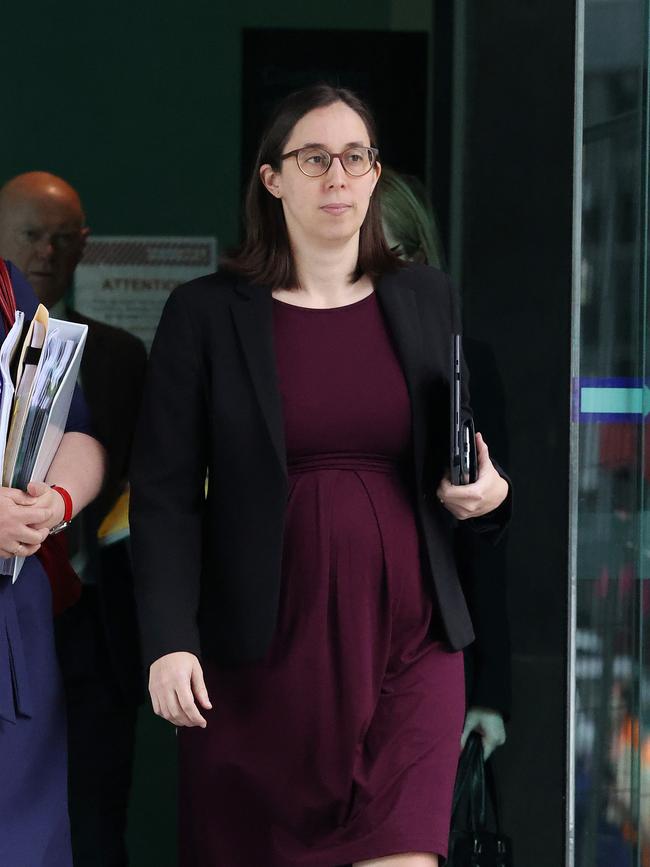Startling evidence in DNA inquiry means sex assaults likely went unsolved
Sexual assault cases likely went unsolved after the Queensland state-run lab misidentified DNA samples, startling new evidence has revealed.
Police & Courts
Don't miss out on the headlines from Police & Courts. Followed categories will be added to My News.
Sexual assault cases likely went unsolved after the Queensland state-run lab misidentified DNA samples as containing material from three or more people – when it was likely only the victim and their attacker.
The startling evidence came on the final day of the Commission of Inquiry into Forensic Services in Queensland, with Commissioner Walter Sofronoff KC now to begin preparing his report and recommendations for the government.
The inquiry on Friday heard that a review of Queensland lab cases where DNA mixtures were declared to have profiles from three or more people found significant flaws, with an “overestimation” of DNA detected.
Counsel assisting the inquiry Susan Hedge said the lab identifying three or more people in a sample – when there was in fact only two – could be devastating for a victim, and lead to the miscarriage of justice.

“Overestimation of contributors can be highly significant in a particular case, particularly in sexual assault cases,” she said. “The complainant has given a version of events in which only he or she, and the perpetrator or defendant are involved, to then imply there are three people involved can be used to forcefully attack his or her credibility. It may lead to an investigation or prosecution not proceeding.”
Ms Hedge also said it could be “highly distressing” for a victim who believed there was one attacker to be told there were multiple DNA profiles, when that was not their understanding of the assault.
Forensic expert Duncan Taylor reviewed 13 cases where three or more DNA profiles were determined to exist. He concluded in seven cases there were only two.
Dr Taylor said he was not able to conclude whether that overestimation of cases was systemic or widespread.
He recommended a 12-month wider review of all sexual assaults in which contributors of three or more people were identified, and all currently open cases where three or more people were identified.
The inquiry also heard on Friday that Queensland Police were warned a new method under consideration to collect DNA at crime scenes was potentially flawed – but it was put into practice for more than a decade anyway.
Emails presented to the inquiry showed a report in 2010 provided to QPS showed the method of using a 70 per cent ethanol solution as a “wetting” agent to collect dried stains – such as blood – could yield poorer DNA results.
The advice also said this variance could be of crucial importance with regard to small stains, or those which appear on porous surfaces such as concrete or plasterboard.
Despite the advice, QPS adopted the method to combat issues with mould appearing on swabs which were not drying quickly when just pure water was used on swabbing agents. Ethanol was chosen because swabs would dry up to six times faster.
Mr Sofronoff will deliver his report by December 13.




